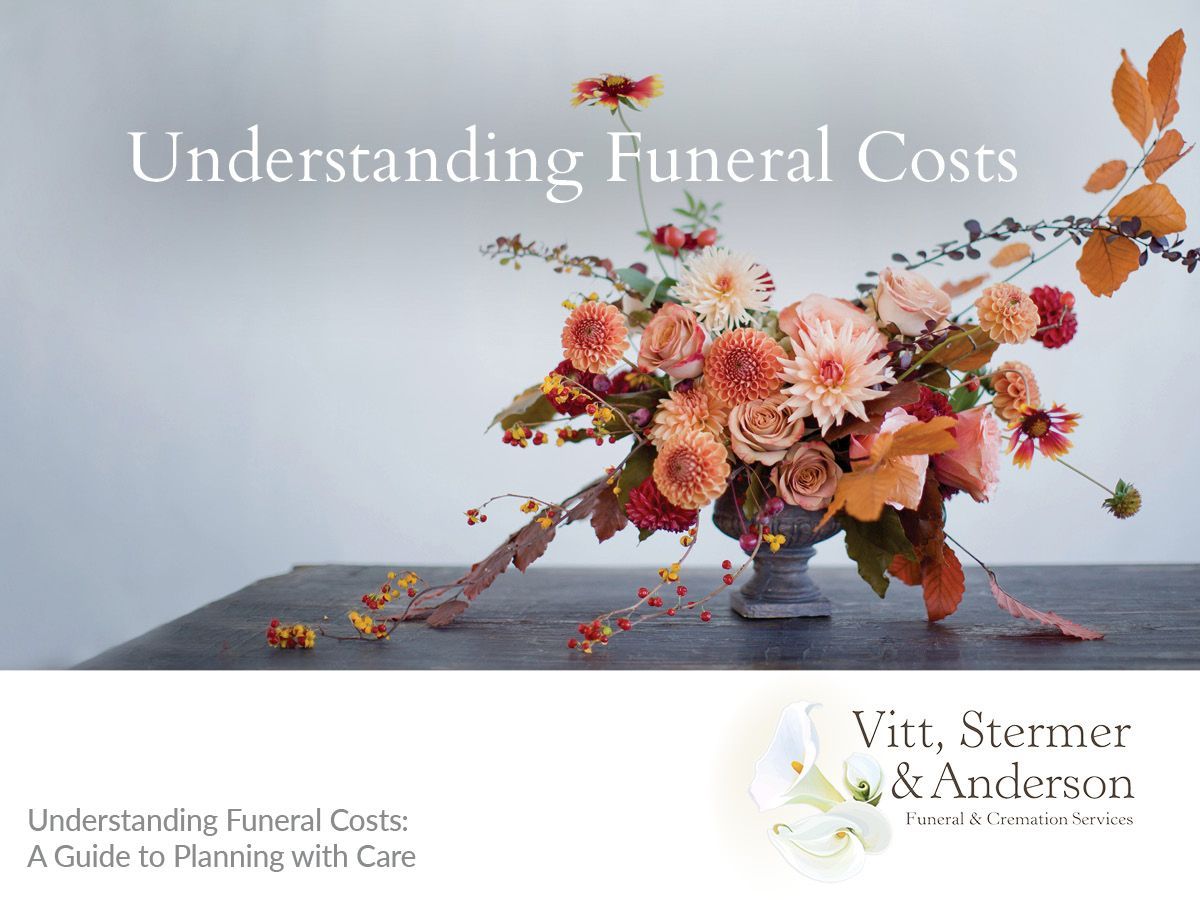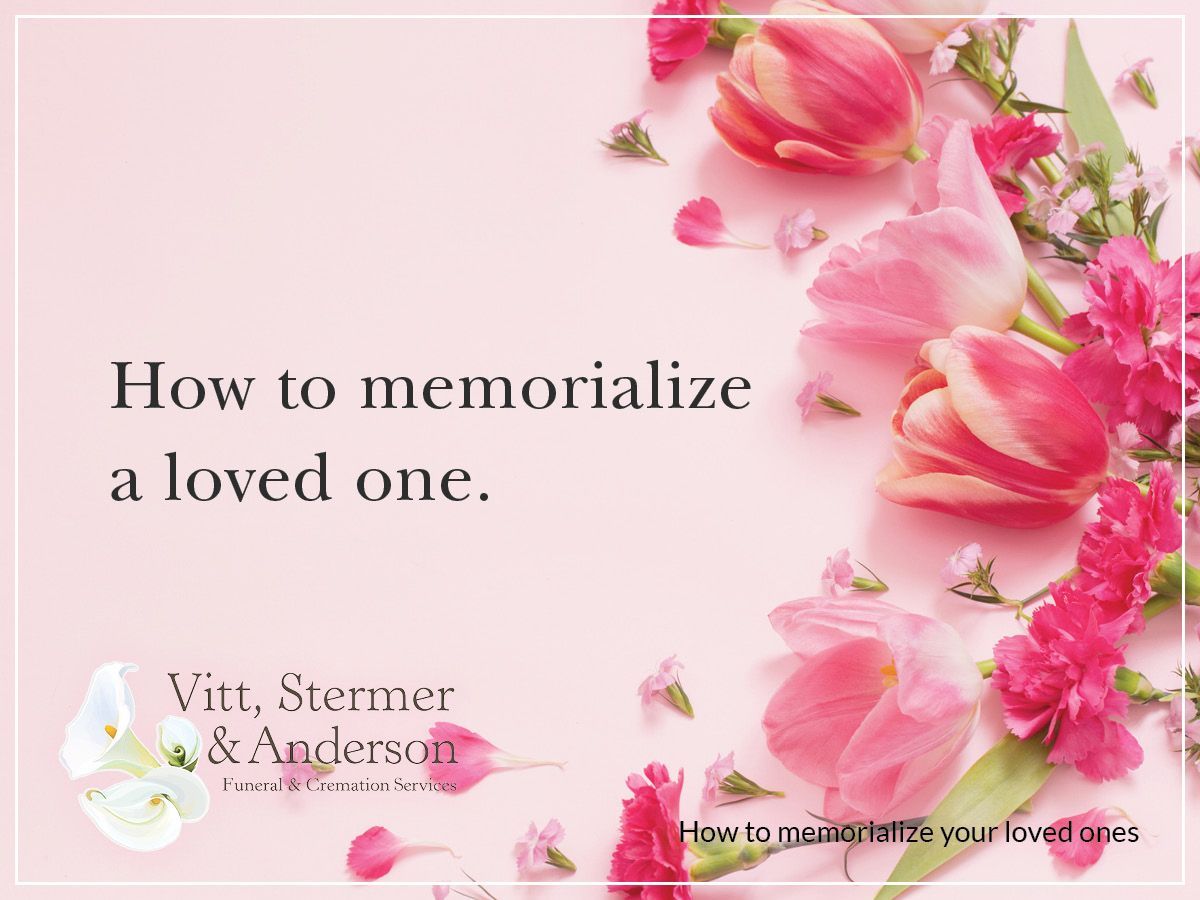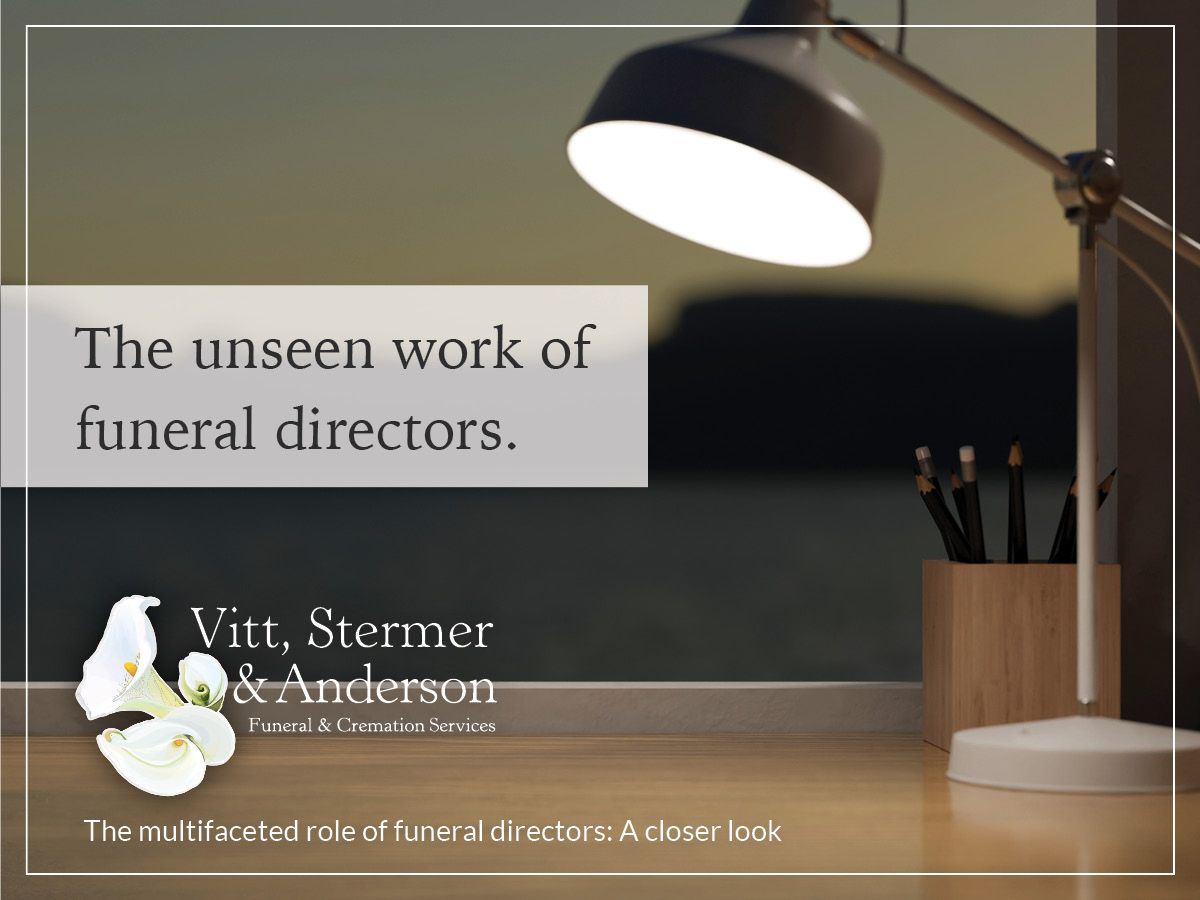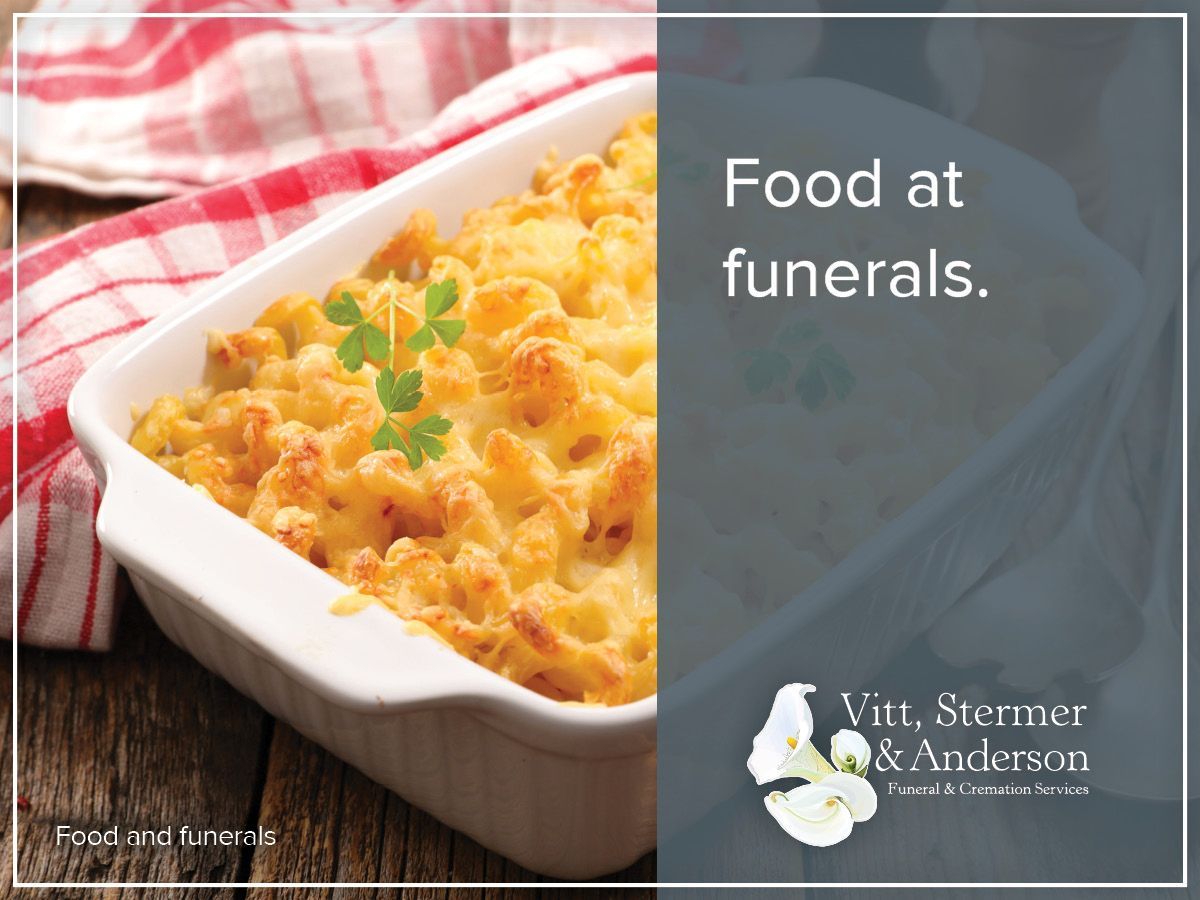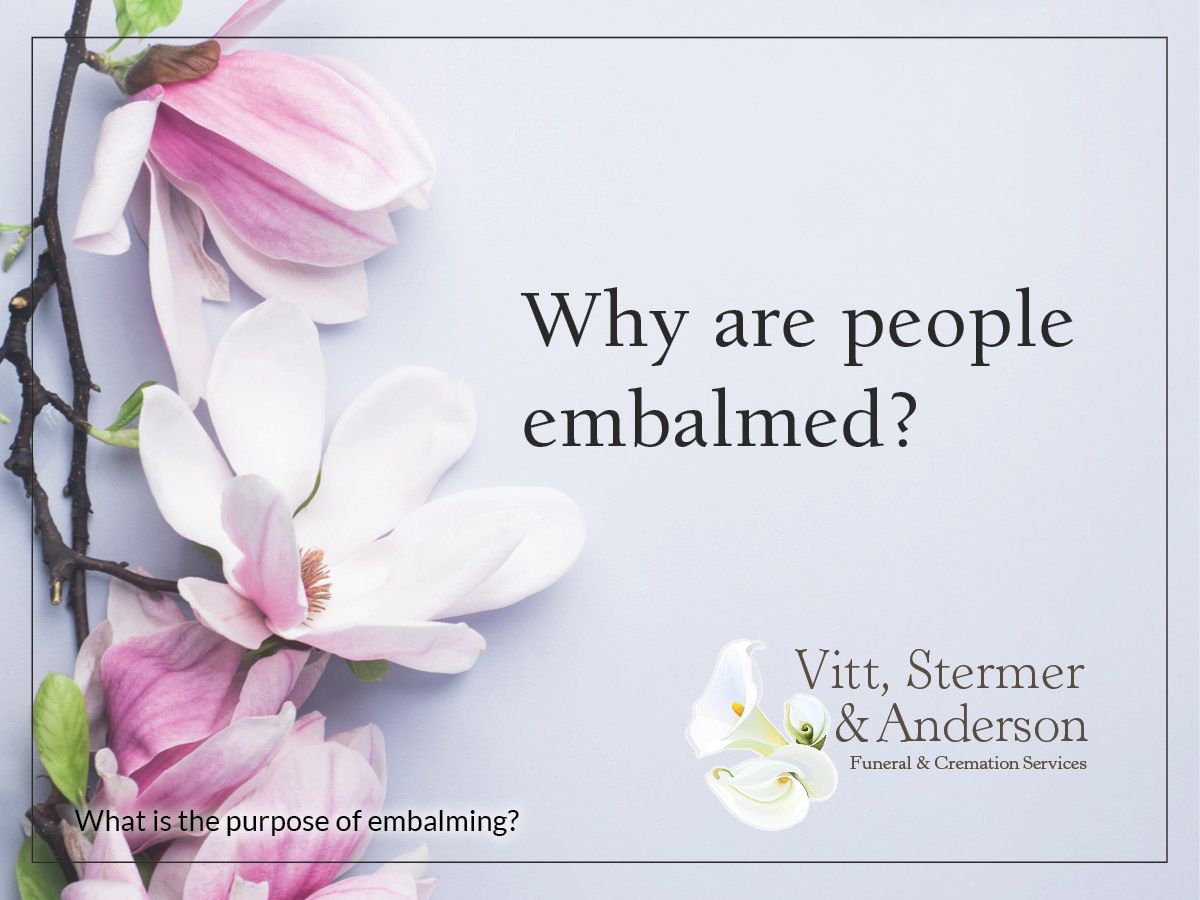Catholic Burial Traditions
When we think about funerals and burials, we may only be able to picture what we know. Perhaps our family traditions or religious convictions dictate how we can say goodbye to a loved one. But every family and every culture has a different way of saying farewell. When it comes to those who want a Catholic funeral and burial, they have very specific guidelines on what they can and cannot do. What traditions do Catholics follow when burying a loved one?
What traditions do Catholics follow when burying a loved one?
A Catholic burial often follows a funeral Mass. This burial ceremony is called the Rite of Committal and is a type of committal service, which is to say that you commit your loved one to the earth through their burial or their final resting place such as a mausoleum or columbarium. Once the funeral Mass concludes, mourners accompany their loved one to their gravesite by way of a funeral procession.
While at the grave, the priest or deacon says prayers and reads from the scripture. The rite ends with the Lord’s Prayer and a blessing from the priest or deacon. It’s common for mourners to place a handful of earth on top of the coffin once it’s lowered into the grave.
It’s important to note that all elements of a Catholic funeral are meant to focus on the belief that existence does not end when a person is no longer living. The Catholic Church does not use funerals or other services as celebrations of life. They are instead meant to reaffirm their faith in God and their belief that their loved one lives on beside God in a place that they may only reach in their death.
Can Catholics be cremated?
Back in 1963, the Catholic Church clarified its stance on cremation. Before this point, it was generally understood that Catholics were not supposed to be cremated. However, the Catholic Church stated that, while burial should remain the norm, cremation is allowed. Still, there are strict guidelines regarding cremation.
In 2016, these guidelines were made more evident when the Vatican announced that cremated remains need to be put in a sacred location, like a church cemetery. Scattering ashes is not allowed, and neither is keeping a loved one’s ashes at home, whether it be in an urn, a piece of memorial jewelry, or other mementos. It is the belief of the Catholic Church that there should be a place outside the home where mourners can gather, pray for, and remember the deceased.
The main reason why these guidelines arose is that the Vatican believes that too many new schools of thought were developing that contradict the Catholic Church. According to Catholicism, you join God in a peaceful afterlife, as long as you were devout while you were alive. The Vatican believes that the rise of cremation coincides with the rise of other ideas about the afterlife, such as the belief that life ends with death or that we enter another cycle of rebirth.
Certain religions, like Hinduism, encourage cremation as a way to free the spirit for its next stage. But Catholicism looks at bodies as sacred temples made in the image of God. As such, the gift of a body is meant to be treated with respect, which is why cremation was viewed as un-Catholic for so many years.
According to Catholicism, all people will be resurrected at the end of days. But according to the Vatican, cremation doesn’t prevent God from resurrecting people. However, we, as the people who remain, are required to treat the cremated body with respect and dignity. The Catholic Church believes many of the modern ways we treat ashes, such as by being placed in an urn that will grow a tree or being made into an artificial reef, are sacrilegious.
Under most circumstances, a person who chooses cremation is still allowed to have Catholic funeral rites. However, whether or not you receive these rites depends on why you chose cremation. If you cite having chosen cremation because you worship nature, believe that nature is where all things originate, or are skeptical of Catholicism’s truths, you cannot receive Catholic funeral rites.
If your loved one chooses cremation, you may have a similar service as the committal ceremony, though the service is held in the crematory’s chapel. You can have a Funeral Mass with cremains, but if possible, it is preferred to have the cremation take place after the Funeral Mass. However, the funeral technically doesn’t end until the remains are returned to the family of the decedent. When the ashes are to be placed in their final resting place, an additional Rite for the Burial of Ashes should occur.
If you’re planning a Catholic funeral for a loved one, talk to your funeral director about what you can do to honor their faith through their burial or cremation. Your funeral director has experience with many different religious ceremonies and traditions. They’ll be able to guide you toward respectful ways to say goodbye.

